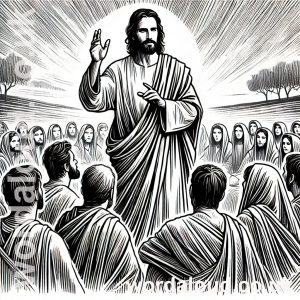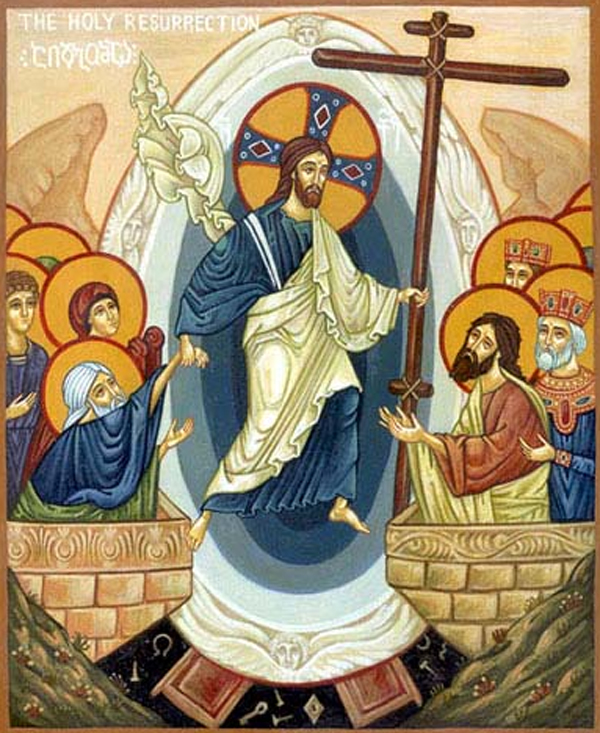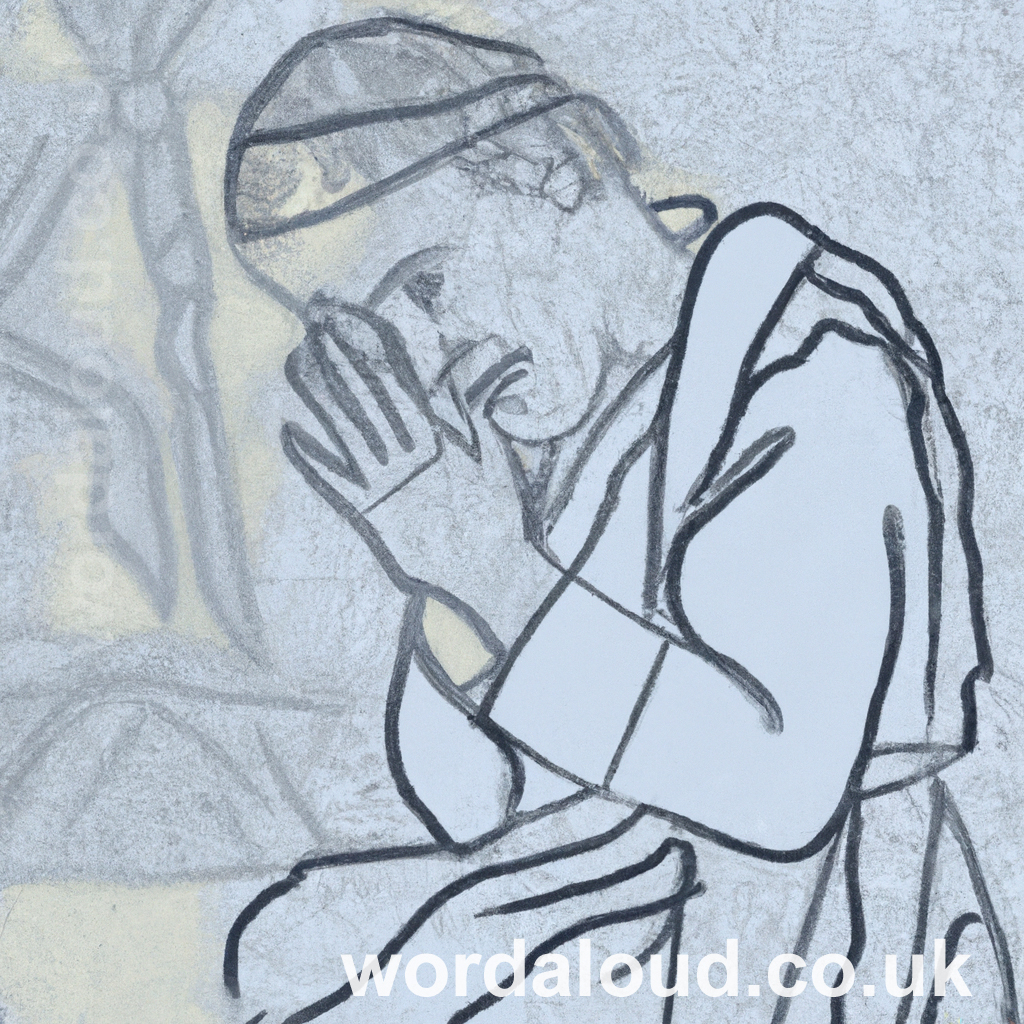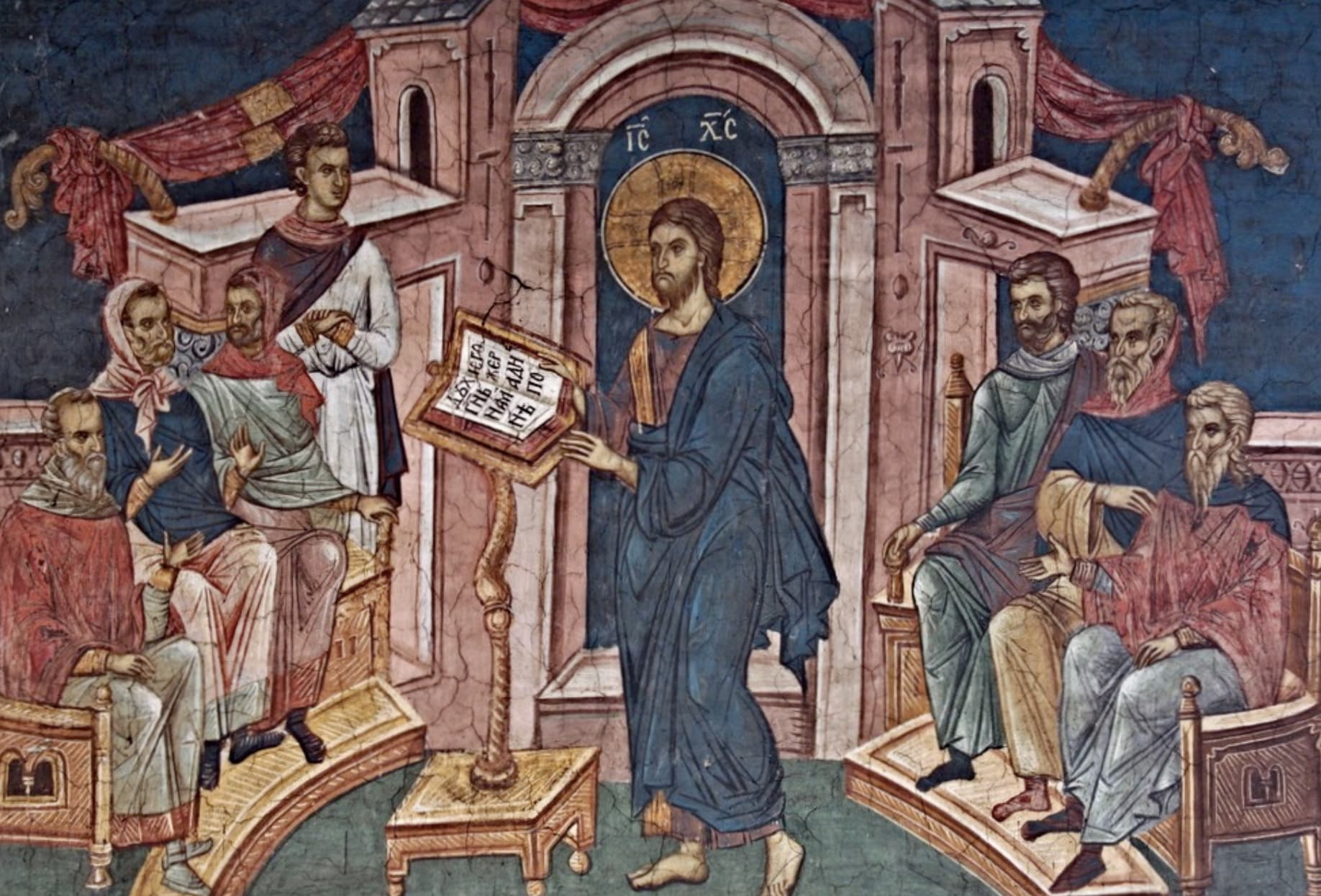Christian Art | Meditations On The Love Of Jesus Christ | Lost Sheep Of Israel
Matthew 9: 35 | King James Audio Bible | Saturday, Advent Week 1
35 And Jesus went about all the cities and villages, teaching in their synagogues, and preaching the gospel of the kingdom, and healing every sickness and every disease among the people.
36 ¶ But when he saw the multitudes, he was moved with compassion on them, because they fainted, and were scattered abroad, as sheep having no shepherd.
37 Then saith he unto his disciples, The harvest truly is plenteous, but the labourers are few;
38 Pray ye therefore the Lord of the harvest, that he will send forth labourers into his harvest.
1 AND when he had called unto him his twelve disciples, he gave them power against unclean spirits, to cast them out, and to heal all manner of sickness and all manner of disease.
6 But go rather to the lost sheep of the house of Israel.
7 And as ye go, preach, saying, The kingdom of heaven is at hand.
8 Heal the sick, cleanse the lepers, raise the dead, cast out devils: freely ye have received, freely give.
Today’s Bible verses, as per the Roman lectionary, notably elide Matthew 10: 5: ‘Go not into the way of the Gentiles, and into any city of the Samaritans enter ye not.’ This omission is curious, though understandable: during the Mass especially, we are to contemplate inclusion rather than exclusion, and the intentions behind Jesus’ initial injunctions to those he sends to preach might well require explanation. Jesus, then, tells his missionary disciples: you are sent now to preach to the Jews alone, not to Gentiles, not to Samaritans, but to Jews alone.
There are, now, those who say that Jesus came to preach to the Jews alone, that his way was orthodox Jewish, and that he would be amazed that his teaching should be taken to the Gentiles. These are people who say that the Gospels, our record of the life of Jesus, have been changed to fit in with a Gentile Christianity. Such people tend to say that the Gospels have been edited and rewritten in the light of St Paul. (Incidentally, they point to the destruction of Jerusalem in AD 70 as sealing the fate of a rival and exclusively Jewish Christianity, based there and led, as it is said, by James.)
It may be a good thing to encounter such theories, and then to read and listen to the Gospels again, and so thereby to encounter much more powerfully Christ’s true majesty.
Now, still, we hear that we are not to cast our ‘pearls before swine’ or to give the divine food of the elect ‘to the dogs’, and such injunctions once more demand that we engage ever more closely with Christ the God-man, to come up close to him as if we are there in the moment of utterance, so that we vibrate with objections and questions and outright desires and needs while Jesus speaks and we resonate to his words, right here, right now.
In the very person of Christ, and in these Gospel verses, we sense the sheer intensity of the drama of repentance, forgiveness and salvation. The Jewish people were first called. So many refused that call. And so then the Gentiles also are called to fill the places at the wedding banquet. The whole world is called! We are all called! We can be confident of this great calling for all time.
The Gospels, though, are not a neat summary account of this calling. Christ’s life is 100% human as well as 100% divine. And human life is messy. It is changeable, conflicted, packed with human drama. Christ’s human life reflects the many, many conflicts affecting the lives of all surrounding him, including the incredible tension between Jews and Gentiles.
In his missionary work, Christ teaches love and tolerance. He heals all who come to him, Gentile and Jew alike. Finally, it is through the ultimate sacrifice, through the cross, that Christ cuts through all internecine conflicts once and for all, and so definitively heals us.
‘The hope of truth and freedom is already ours, dearly beloved, but if we are to attain truth and freedom in reality we must endure and persevere. The very fact that we are Christians is the substance of faith and hope. But in order that faith and hope may attain their full fruit, there is need of patience.’ St Cyprian
King James Audio Bible | KJV | King James Version
Concluding Prayer
Lord, to free man from his sinful stae
you sent your only Son into this world.
Grant to us who in faith and love wait for his coming
your gift of grace
and the reward of true freedom.
We make our prayer through our Lord.

![]()








